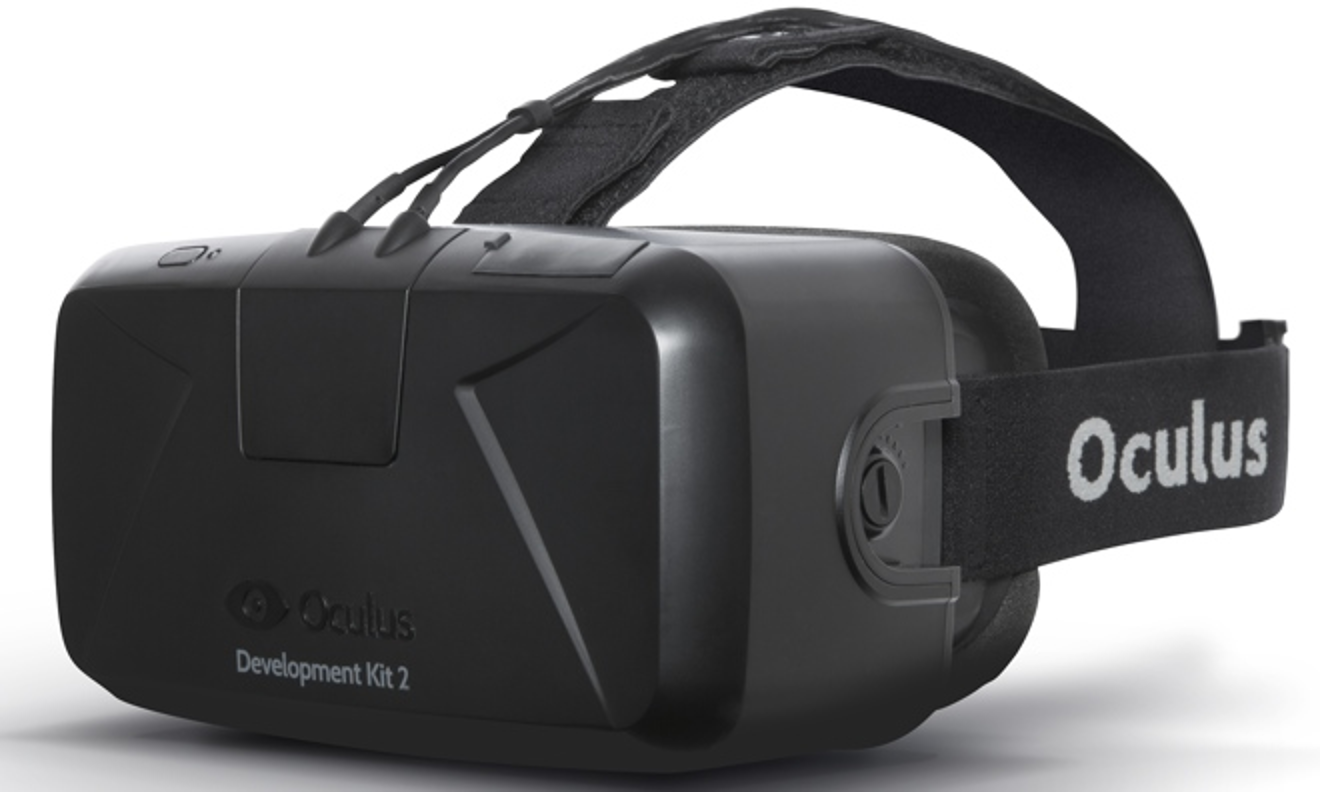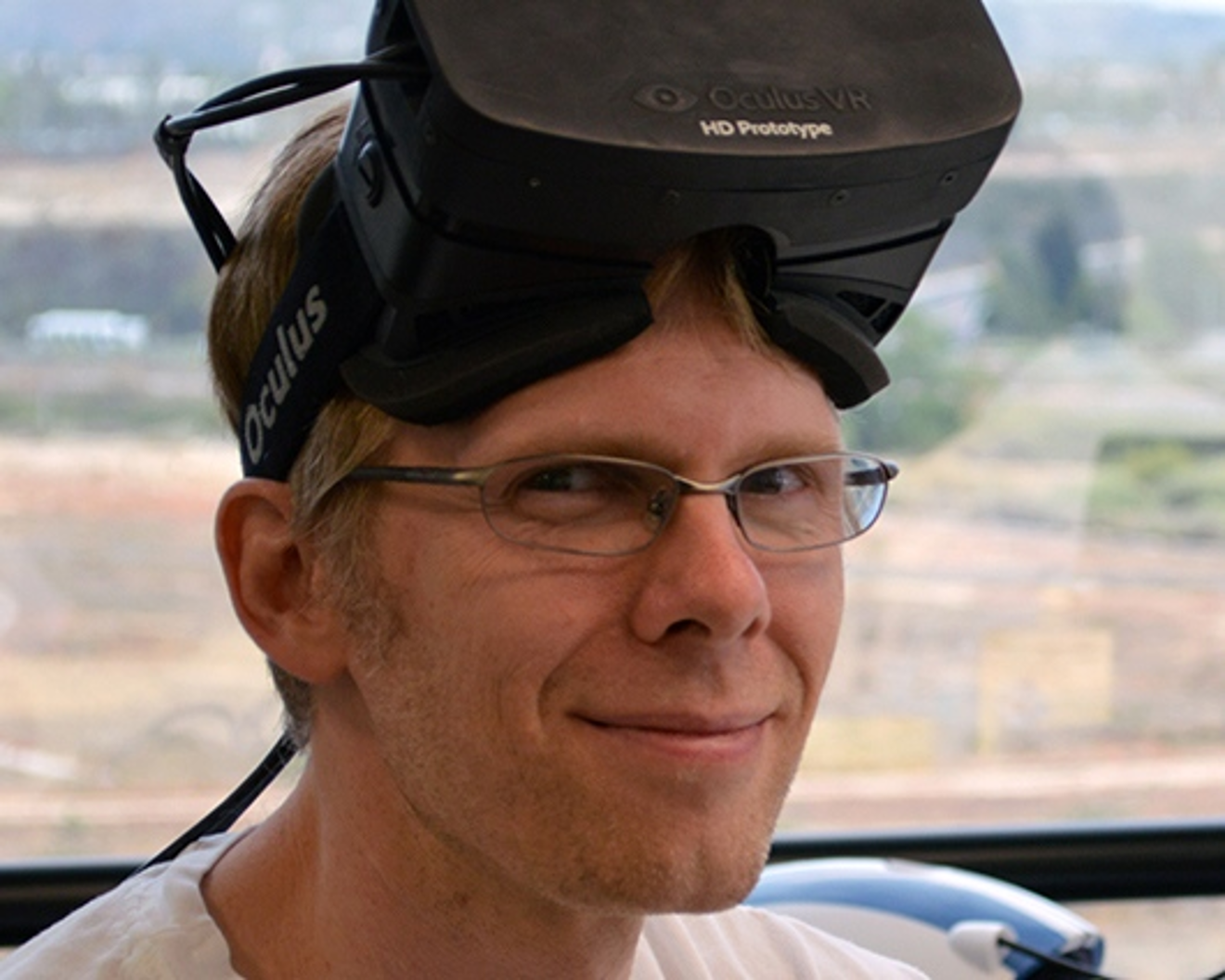After word broke that virtual reality pioneer Oculus will be bought by Facebook for $2 billion, enthusiasts responded negatively, questioning the merits of the deal and future of the Rift headset. That led the co-founder of Oculus to take to the Internet to defend the sale, in which he argued Facebook is a better landing spot for the company than Apple or Microsoft.
Oculus's Palmer Luckey took to Reddit this week after it was announced that Facebook would acquire the virtual reality headset maker for $2 billion in cash and stock. The company is best known for the Oculus Rift, head-worn 3D that allows users to experience immersive virtual reality in games and other applications.
"Facebook creeps me out." - Minecraft creator "Notch"
The Reddit thread quickly filled with negative comments from users who are unhappy about the sale of Oculus to Facebook. Many of them share the same sentiment as "Notch," the developer behind the popular game Minecraft, who revealed he was previously working on a version of the title for Oculus Rift, but would no longer do so.
"I just cancelled that deal. Facebook creeps me out," he wrote on Twitter.
One user on Reddit asked Luckey to "promise" that there wouldn't be any "specific Facebook tech tie-ins" with future products — Â a request that the Oculus co-founder did, in fact, pledge to keep. Luckey then went on to defend the sale by saying he believes Facebook is a better partner than other major tech companies.
"Why would we want to sell to someone like (Microsoft) or Apple?" he asked. "So they can tear the company apart and use the pieces to build out their own vision of virtual reality, one that fits whatever current strategy they have? Not a chance."
Those who supported the Oculus Rift and have purchased pre-release development kits are generally enthusiastic PC gamers, a group that saw the Rift as a potential new way to play and experience interactive content. Many of those who took to Reddit expressed concern that Facebook would take control of Oculus and use its technology to focus on social applications, which obviously are the focus for the publicly traded Facebook.
Luckey attempted to squash that line of thinking, and argued that the sale to Facebook may actually give Oculus more control of its own destiny. He said executives at Facebook have pledged to allow Oculus to operate independently from the social networking giant.
"We don't have to compromise on anything, and can afford to make decisions that are right for the future of virtual reality, not our current revenue," he said. "Keep in mind that we already have great partners who invested heavily in Oculus and got us to where we are, so we have not had full control of our destiny for some time. Facebook believes in our long term vision, and they want us to continue executing on our roadmap, not control what we do."
The Oculus co-founder also promised that "good news" stemming from the acquisition is on the way, but that the details cannot be announced immediately. However, he did tease that with the $2 billion purchase by Facebook, Oculus plans to make custom hardware, hire more personnel, and make "huge investments in content."
While Luckey mentioned Apple by name in his comments, there have not been any rumors suggesting that the iPhone maker may have been interested in buying Oculus. Console maker Sony unveiled its own virtual reality headset for the PlayStation 4 last week, dubbed "Project Morpheus," suggesting that it too was not a prospective buyer.
While Apple has not publicly shown any interest in virtual reality, ex-executive Tony Fadell, now a Google employee through the company's acquisition of smart thermostat maker Nest, revealed last year that Apple has experimented in secret with building augmented reality headgear. Fadell said Apple built prototype "visors" in its labs that made the wearer feel as though they were "sitting in a theater," but the company ultimately decided the technology wasn't worth it.
 Neil Hughes
Neil Hughes








-m.jpg)






 Christine McKee
Christine McKee
 Wesley Hilliard
Wesley Hilliard
 Malcolm Owen
Malcolm Owen
 Andrew Orr
Andrew Orr
 William Gallagher
William Gallagher
 Sponsored Content
Sponsored Content









107 Comments
Start the "Facebook out bid Apple" and "Facebook more innovative than Apple" stories.
Facebook was better than Microsoft and Apple because they gave you 2 billion dollars
I agree with the Minecraft creator. Facebook creeps me out too, which is why I have never signed up for Facebook and will never do so in the future either.
It's important to slam Apple, even though Apple has nothing to do with the sale of Oculus. /s
[quote name="Suddenly Newton" url="/t/173301/oculus-co-founder-defends-sale-of-company-amidst-backlash-says-facebook-a-better-home-than-apple/0_100#post_2502066"]It's important to slam Apple, even though Apple has nothing to do with the sale of Oculus. /s[/quote] Exactly. Disgust at Facebook buying them doesn't exist just because Apple didn't buy them. It's due to… wait for it… Facebook!